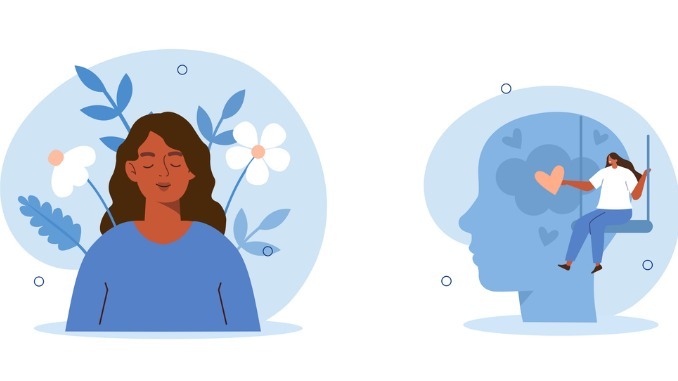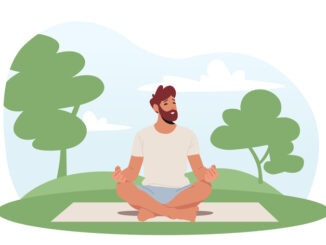
Becoming a successful collaborator involves honing various skills and values. While communication and transparency are essential, one often overlooked trait is self-advocacy
CREDIT: This is an edited version of an article that originally appeared on Forbes
Self-advocacy means speaking up for your interests and needs. Instead of being passive, it involves taking proactive steps to ensure that your goals are met. According to Carnegie-Mellon University, self-advocacy is about improving your quality of life and addressing inequalities by understanding your needs, knowing available resources, and communicating effectively.
Practising self-advocacy can significantly impact both your personal and professional life. It boosts self-confidence, self-esteem, and communication skills. By standing up for your needs, you become more self-aware and better at identifying and addressing your weaknesses, which enhances your problem-solving abilities.
Overcoming barriers
Despite its benefits, many struggle with self-advocacy, particularly women. A study by Indeed found that only 43% of women feel they advocate sufficiently for themselves, citing anxiety, fear of retribution, and concerns about being perceived as “aggressive.” This highlights the need for cultural change to make self-advocacy more accessible to everyone.
Applying self-advocacy to collaboration
Author Tanita Allen, in her book We Exist, stresses the importance of self-advocacy for overcoming systemic challenges, especially for marginalised communities. Self-advocacy in collaboration involves effective communication, transparency, and mutual agreement on goals and responsibilities.
By self-advocating, you ensure that your contributions and limitations are clearly communicated, making it easier to define roles and expectations within a partnership. This transparency fosters successful long-term collaborations by keeping efforts on track and addressing challenges promptly.
Creating win-win situations
While self-advocacy may seem self-centred, it benefits everyone involved in a collaboration. By advocating for yourself, you encourage others to do the same, leading to better problem-solving and more effective teamwork. This approach not only helps you achieve your goals but also creates win-win situations for all partners.
Embracing self-advocacy enhances your collaboration skills, making you a better communicator and problem solver. By standing up for your needs and encouraging others to do the same, you contribute to more successful and fulfilling partnerships. Self-advocacy is not just about personal gains; it’s about creating positive outcomes for everyone involved.


Be the first to comment